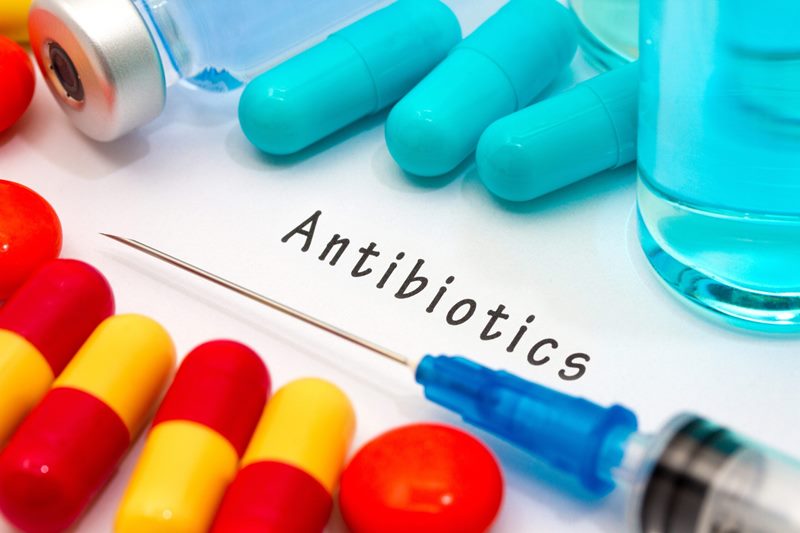Antibiotics remain one of humanity’s most transformative medical advances, originally discovered by accident nearly a century ago. Today these powerful drugs treat bacterial infections like pneumonia and urinary tract illnesses. Yet antibiotic resistance is emerging as a mounting public health emergency in Pakistan fueled by self-medication, over-the-counter access, and weak regulation.
According to WHO’s GLASS data, over eighty five percent of E. coli bloodstream infections in Pakistan are now resistant to Ciprofloxacin, a frontline treatment no longer effective in many cases. A 2022 study revealed vast misconceptions among the public with sixty two point five percent believing antibiotics are effective against colds and flu—viral illnesses for which they are useless.
The danger is stark as antibiotics become shared, discontinued midway and taken without prescriptions. Left unchecked, minor infections may soon become untreatable life threats.
Though Pakistan has a National Action Plan on Antimicrobial Resistance since 2017 and DRAP issued guidelines promoting prescription-only use in 2021, enforcement remains patchy and community sales continue unchecked. Comparative strategies from India, Thailand and China underline the effectiveness of enforcing strict prescription rules, public red-line campaigns, hospital stewardship programs and integrated surveillance-driven reductions in resistance levels.
To reverse the crisis, Pakistan must act swiftly with awareness campaigns across media, regional languages and platforms, enforce pharmacy regulations, mandate stewardship in health facilities and build robust surveillance. Failing to do so risks erasing decades of progress and endangering future generations with collapsing options for infection treatment.



Comments (0)
No comments yet. Be the first to comment!
Leave a Comment